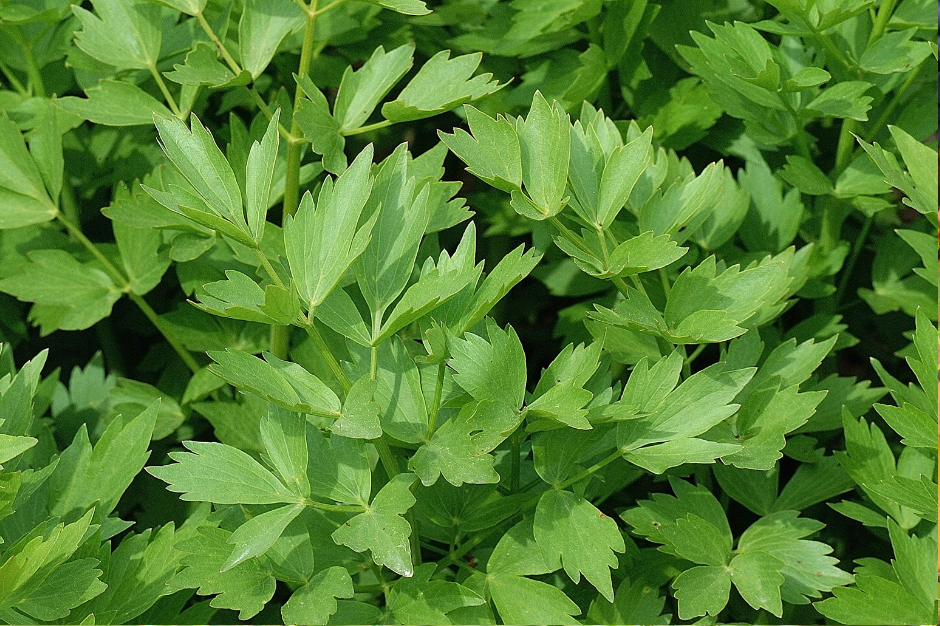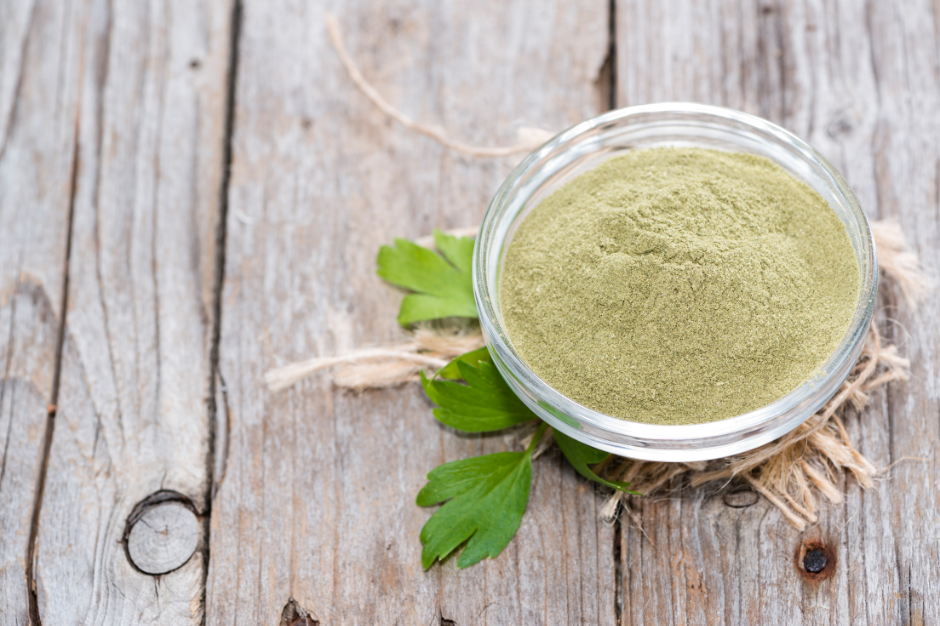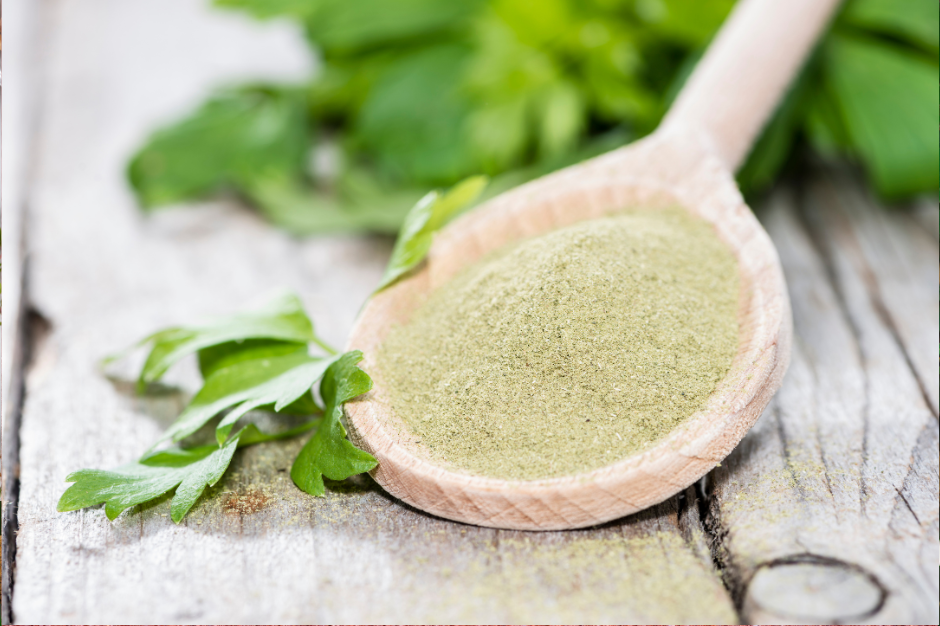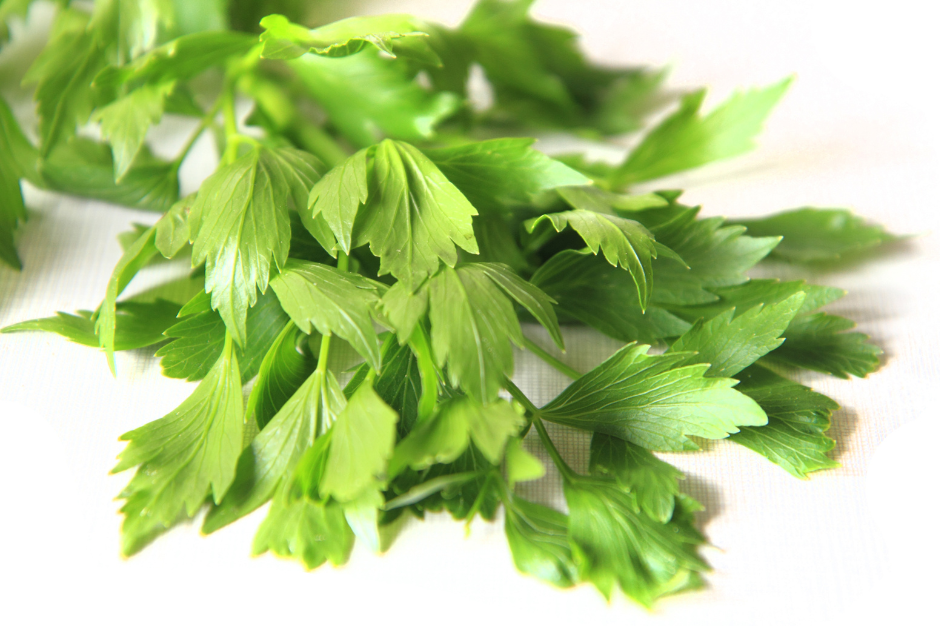Overview
Lovage is a large, hardy perennial plant (some report it growing up to nine feet tall, but even six feet is not unusual) of which all parts, from root to stem to leaf to seeds, are usefully edible.
The commonest use of lovage is the leaves, which are an herb said to taste largely of celery (perhaps, say some, with a light overtone of anise) and many who grow lovage find it a simpler and in many ways better replacement for celery (as one put it, “you never need to buy celery or parsley again other than for celery sticks with Chez Whiz”).
While we would disagree quite vigorously with the parsley part, we are inclined to agree with the celery part. Lovage is, though, very strongly flavoured and needs to be used with a correspondingly light hand.




